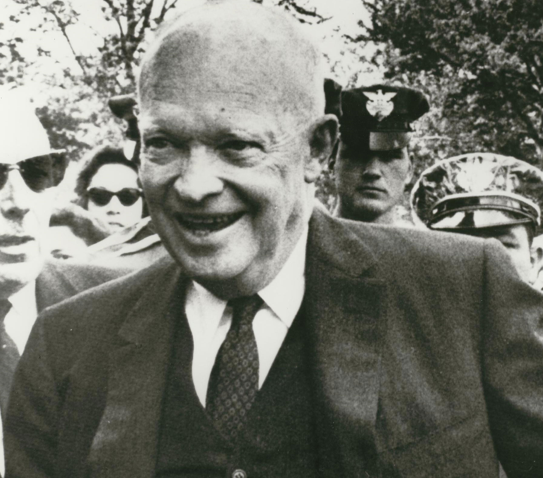Sister City History
The Sister City movement became a national effort when President Dwight D.

Eisenhower proposed the People-to-People program at a White House conference in 1956. For additional information, please click this link to be directed to the Sister Cities International website.
San Carlos Sister City History
The Sister City Spirit in San Carlos started in 1976 when our Bi-Centennial Committee adopted Bennington, Vermont as our “Sister City”. A monument and plaque were placed in Burton Park near the corner of Brittan Avenue and Woodland Avenue, along with a grove of trees.
The San Carlos Sister Committee Association, as we know it now, was incorporated on May 2, 1997. Our first official sister city was Croyden, Australia. The relationship started in 1991 and featured an annual chess match over long distance telephone lines. San Carlos featured a small group of committee members at city hall with the player selected from a local high school. However, down under in Croyden they were celebrating their summer festival and the chess men were real people, dressed to fit their role (from king to pawn) who crumbled to the ground when captured by their San Carlos opponent. This battle continued for four years along with a number of visits from one side of the world to the other until the Australian government merged Croyden and the neighboring community of Ringwood into a large city named Maroondah and our relationship ended in 1995.
In 1994, a delegation headed by Council Member Sylvia Nelson from traveled to Scandicci, Italy to scope out the possibility of another sister city. Scandicci is a city located near Florence and was focused on economic development and international trade. We managed to implement an elementary school art and letter writing program. However, a long term relationship did not materialize due to language issues and the high cost of travel.
In 2004 we were encouraged by an NGO official to consider a relationship with San Carlos , Nicaragua located on the Rio San Juan River which connects Lake Cocibolca to the Caribbean. This is a very poor town of 10,000 looking for economic development centered on fishing and river life on the Rio San Juan. Early on, we recognized that this relationship would not be an equal mix of home exchanges and reciprocal programs since our friends to the south were very poor and not able to travel north. However, we decided to raise money to fund a few programs to better their life as best we could. First, we funded an “Internet cafe” which would bring Internet to the San Carlos community. Local officials provided the facility and we funded the Internet connection and hardware. We also purchased soccer balls and team uniforms for the school team. While we were not able to do much for economic development, the board is proud of the contributions made.
In 2005 we formed a compact with Okotoks, Canada a city of about 30,000 people located 23km south of Calgary. During the next few years, we developed a fine art exchange, hosted city officials for a mutual discussion of city government issues, and arranged several home-to-home exchanges. While our relationship with Okotoks continues, the lack of a formal sister city committee in Okotoks limits our ability to develop programs.
In 2008 at the recommendation of Mr. Dumas, President of Sister City International (SCI), SCSC board members contacted Ms. Rosario Velasco, a former board member of SCI, to search for a sister city in Mexico. She proposed Metepec after which, an invitation to visit was received. It was during this visit that documents were signed pledging the two cities together.
San Carlos Student Exchange
The San Carlos Sister City Student Exchange program started 2012 with two students visiting from Omura, Japan for two weeks. This year we are planning an exchange with Metepec, Mexico with the goal of four to six students from the mid-Peninsula in each program. The students will be hosted by English-speaking Japanese and Mexican families for a truly cultural experience. In addition, we are looking for local families to host English speaking Japanese and Mexican students for two weeks, this summer.
For more details, please click this link to be directed to the Student Exchange page.